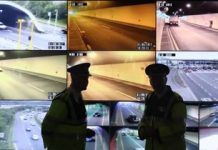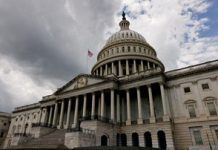With government use of biometric technology becoming an increasingly sensitive issue in the public domain, an Irish government agency is waging a semantic battle over its use of facial recognition.
The Department of Employment Affairs and Social Protection has been using face matching technology for years now in a bid to thwart fraud. The technology is used to flag incidents in which an individual is trying to collect social subsidies through duplicate accounts, such as with the fraudulent use of an assumed name, and has reportedly saved the government well over a million euros.
Nevertheless, a senior official in the Department recently took measures to remove a reference to the agency’s collection of “biometric” data from its website, prompting a member of parliament to question the Minister in charge of the Department over the matter. Responding to the questions, Minister Regina Doherty studiously avoided the use of the term “biometric”, saying that citizens’ images are processed “via facial imaging software to create an arithmetic template which is used to detect potential identity fraud.”
Doherty went on to emphasize that the Department’s “use of facial imaging software is compliant with the law and is covered by the current legislative framework including the GDPR, the Social Welfare Consolidation Act, and the Data Protection Act 2018,” as the Irish Times reports.
But the Minister also revealed, in her response to another question, that her Department had decided to remove the reference to biometric data collection from its website after an inquiry from a journalist, as a means of ensuring there’s nothing on the website that “may create confusion”. The matter suggests that in the eyes of at least some politicians, “biometrics” is becoming a dirty word. But as society continues to grapple with the ethical and privacy implications of biometric technology, especially when it’s used by the government, a dishonest semantic strategy runs the risk of sowing even greater distrust and confusion over the technology among the public.







